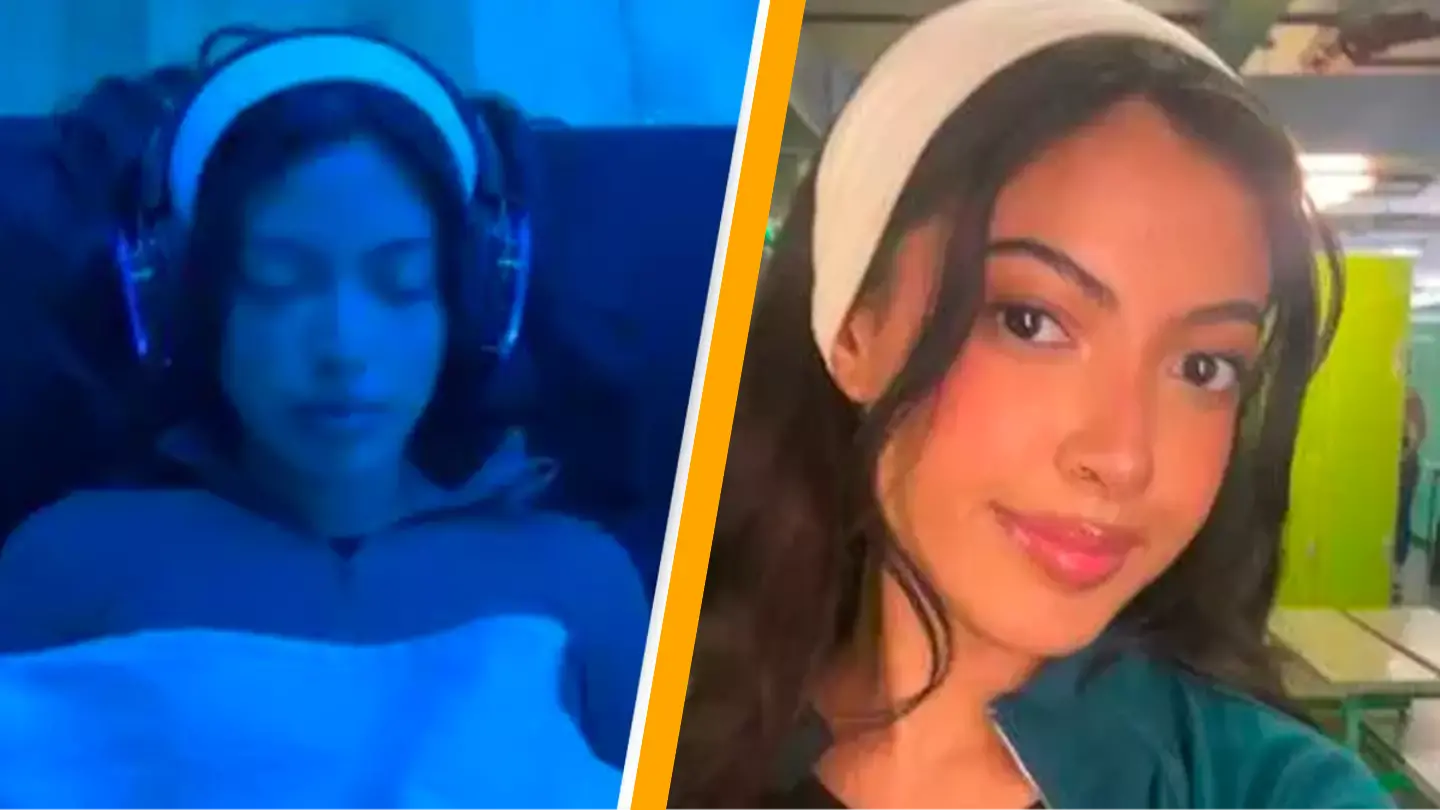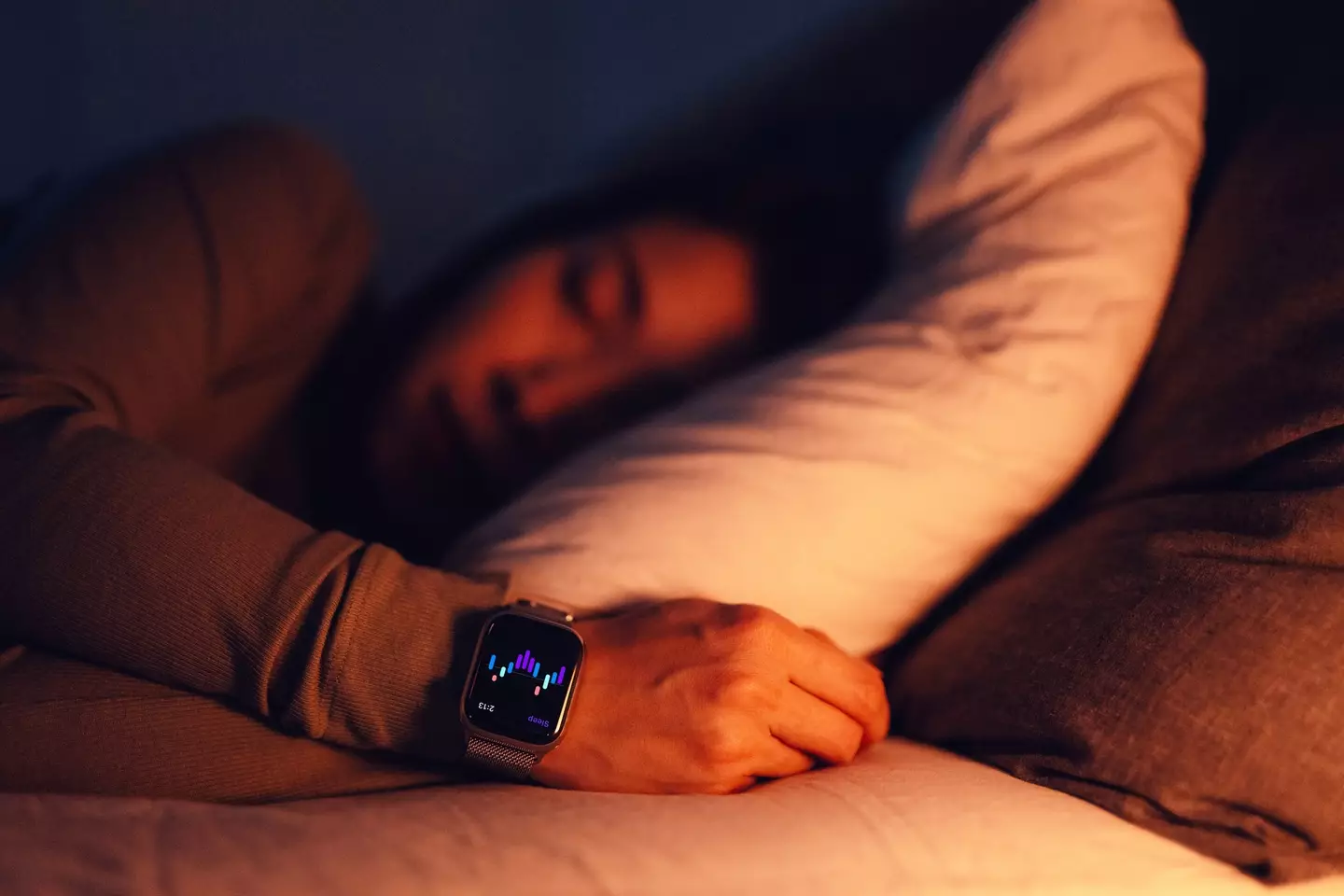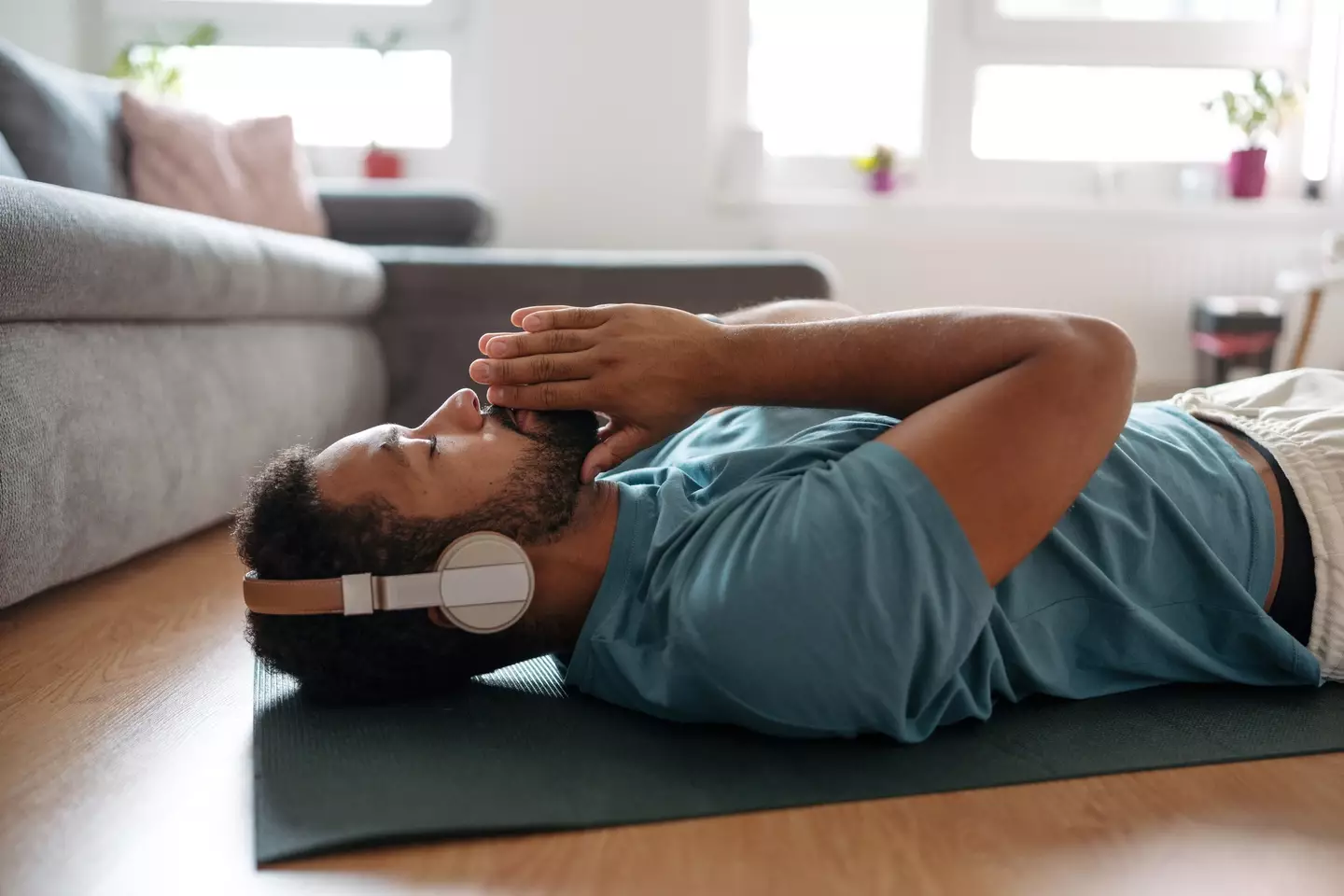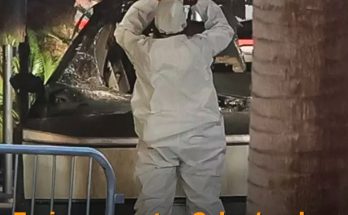Woman attempts popular music hack to combat insomnia and finds success in 45 minutes

A woman decided to experiment with a trending music technique claiming it helps alleviate insomnia, and she experienced positive effects in just 45 minutes.
With the arrival of the New Year, numerous viral trends are sweeping through social media, including ‘microretirement’ which is rapidly gaining popularity on TikTok.
Another trend that’s gaining attention online focuses on health and is purported to aid individuals struggling with insomnia, anxiety, and similar issues.
Tahira Ali shared her personal experience in the Daily Mirror, illustrating how a viral music technique has proven effective in tackling persistent insomnia.
She stated: “I’ve just moved to London and am feeling jangled by the busy pace of life. I’ve also suffered from insomnia for three years so when London fitness chain, Gymbox, started offering a binaural beats relaxation class, I jumped at the chance to try it. When it starts, however, I’m anything but relaxed.”

As she settled in and attempted to get comfortable, Tahira detailed her anticipation for the ‘effects of this neuroscience-approved brand of electronic music’ to manifest.
But what exactly makes this type of music conducive to falling asleep at night?
Neurologist Dr. Faye Beget explained to the Daily Express: “Binaural beats are an auditory phenomenon that occurs when two tones of slightly different frequencies are played in each ear.
“When each ear hears tones of different frequencies, the brain perceives the difference between the two frequencies as a third sound. For example, if a 300Hz tone is played in one ear and a 310Hz tone in the other, the brain perceives a 10Hz beat.”
Initially skeptical, Tahira experienced noticeable changes within just 45 minutes.

“My thoughts, while not silenced completely, are far quieter and I have a feeling of gratitude that wasn’t with me before,” she wrote.
Tahira reflected on feeling ‘more grounded’ after engaging with binaural beats at the gym, and the effects had left her feeling ‘more awake’.
She mentioned: “The buzzing tiredness of a morning headache has faded. I feel more present and positive: I was more generous when asked to give to charity, I helped two groups of tourists navigate the Tube, I bought casual gifts for my family. The most surprising result was that night when, for the first time in a long time, I had a solid eight hours of sleep.”
Would this new trend be something you’d consider trying?


